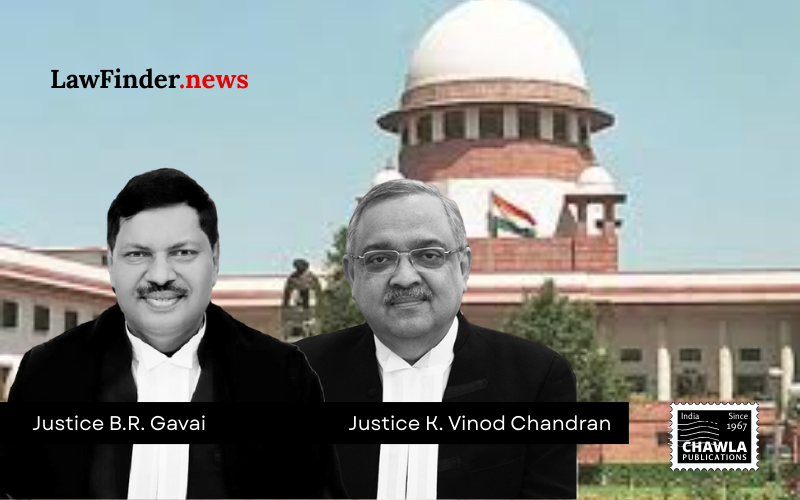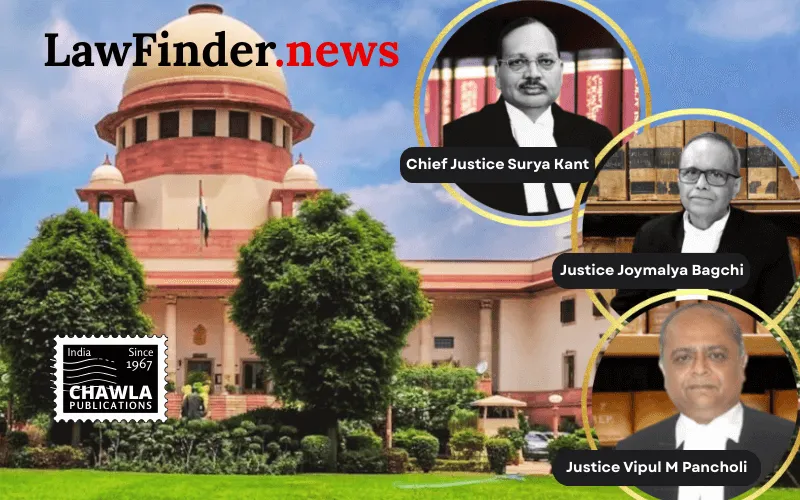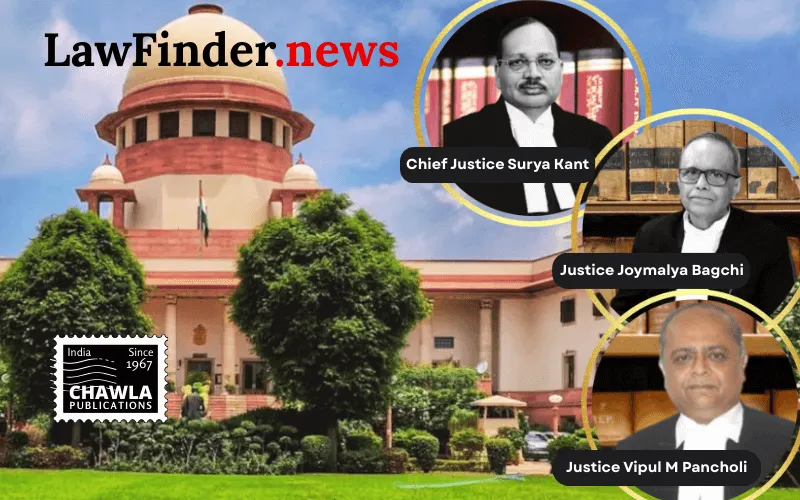Supreme Court Upholds High Court's Decision to Quash FIR in Corruption Case. Supreme Court affirms High Court's quashing of FIR against A4 due to lack of substantial evidence and vague allegations.
In a significant ruling, the Supreme Court of India has upheld the decision of the High Court to quash the First Information Report (FIR) against an accused, identified as A4, in a corruption case involving the alleged offering of bribes to influence voting in the Member of Legislative Council (MLC) elections. The judgment, delivered by a bench comprising Chief Justice B. R. Gavai and Justice K. Vinod Chandran, emphasized the absence of substantial evidence and the presence of vague and unsubstantiated allegations against A4.
The case originated from a complaint lodged by a Member of the Legislative Assembly, alleging that A4 and others offered substantial bribes to influence the MLA's vote in favor of a particular political party. Despite the seriousness of the allegations, the High Court found the accusations against A4 to be disconnected from the actual events, with no evidence to suggest the accused's presence during the alleged bribery incident.
The Supreme Court, in its judgment, noted that the High Court had provided valid reasoning for its decision, citing the lack of material evidence against A4. The bench criticized the notion of conducting a "mini-trial" during the quashing proceedings, reiterating that mere suspicion or casual allegations without concrete evidence cannot justify the continuation of criminal proceedings.
The FIR, registered by the Anti-Corruption Bureau Police Station, Hyderabad, under Section 12 of the Prevention of Corruption Act, 1988, was deemed to lack any substantial basis against A4. The Supreme Court observed that the allegations were improbable and disconnected from the purported transactions, thus justifying the High Court's decision to quash the proceedings.
This ruling reinforces the judicial principle that the continuation of criminal proceedings requires substantial evidence rather than mere allegations. The Supreme Court's decision is a reminder of the importance of evidence-based judicial processes and the protection of individuals from baseless legal actions.
Bottom Line:
High Court quashing the FIR against an accused for lack of material evidence - Allegations in the complaint were vague and unsubstantiated, and no cognizable offence was made out against the accused.
Statutory provision(s): Code of Criminal Procedure, 1973 Section 154; Prevention of Corruption Act, 1988 Section 12
State of Telangana v. Jerusalem Mathai, (SC) : Law Finder Doc id # 2784511




